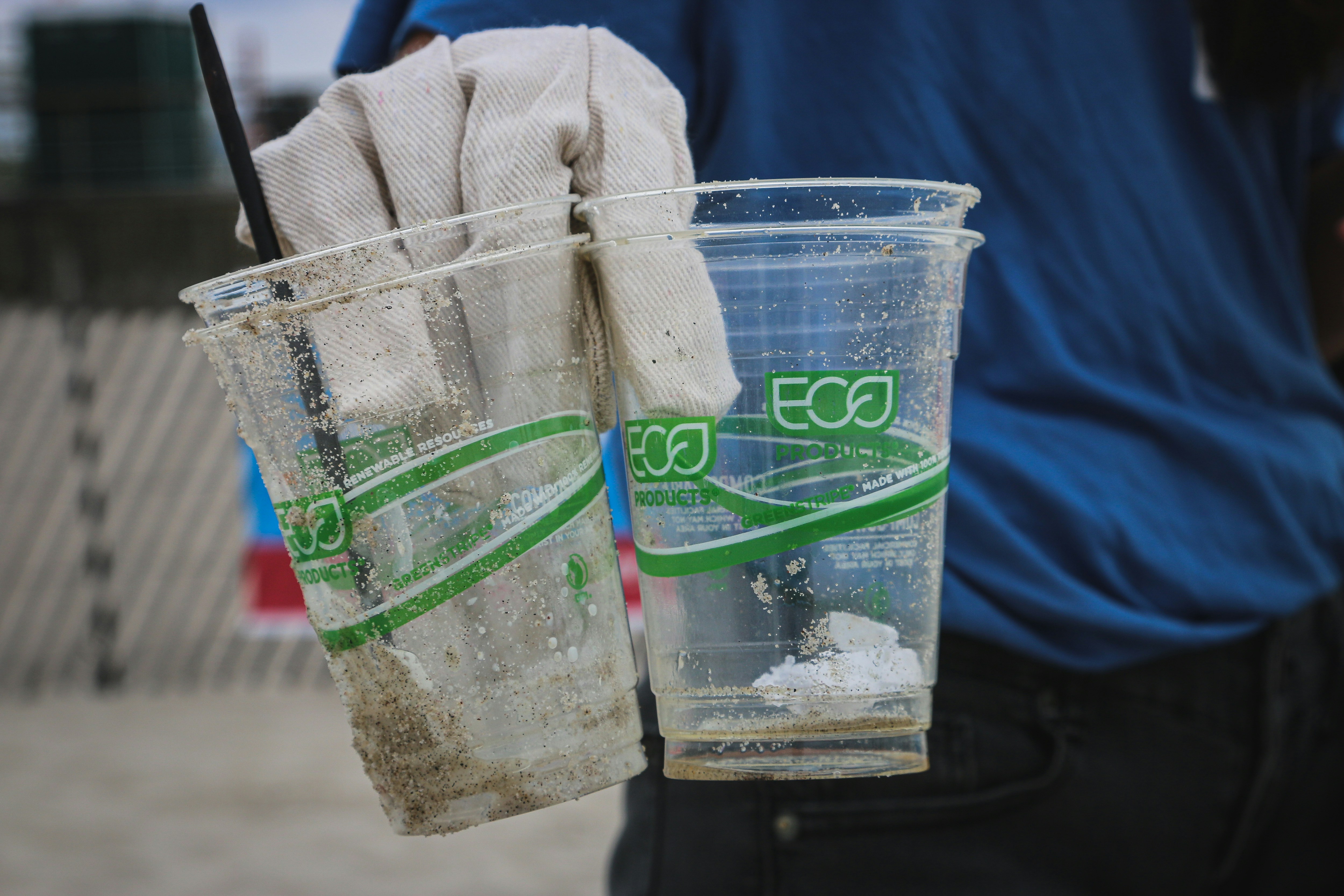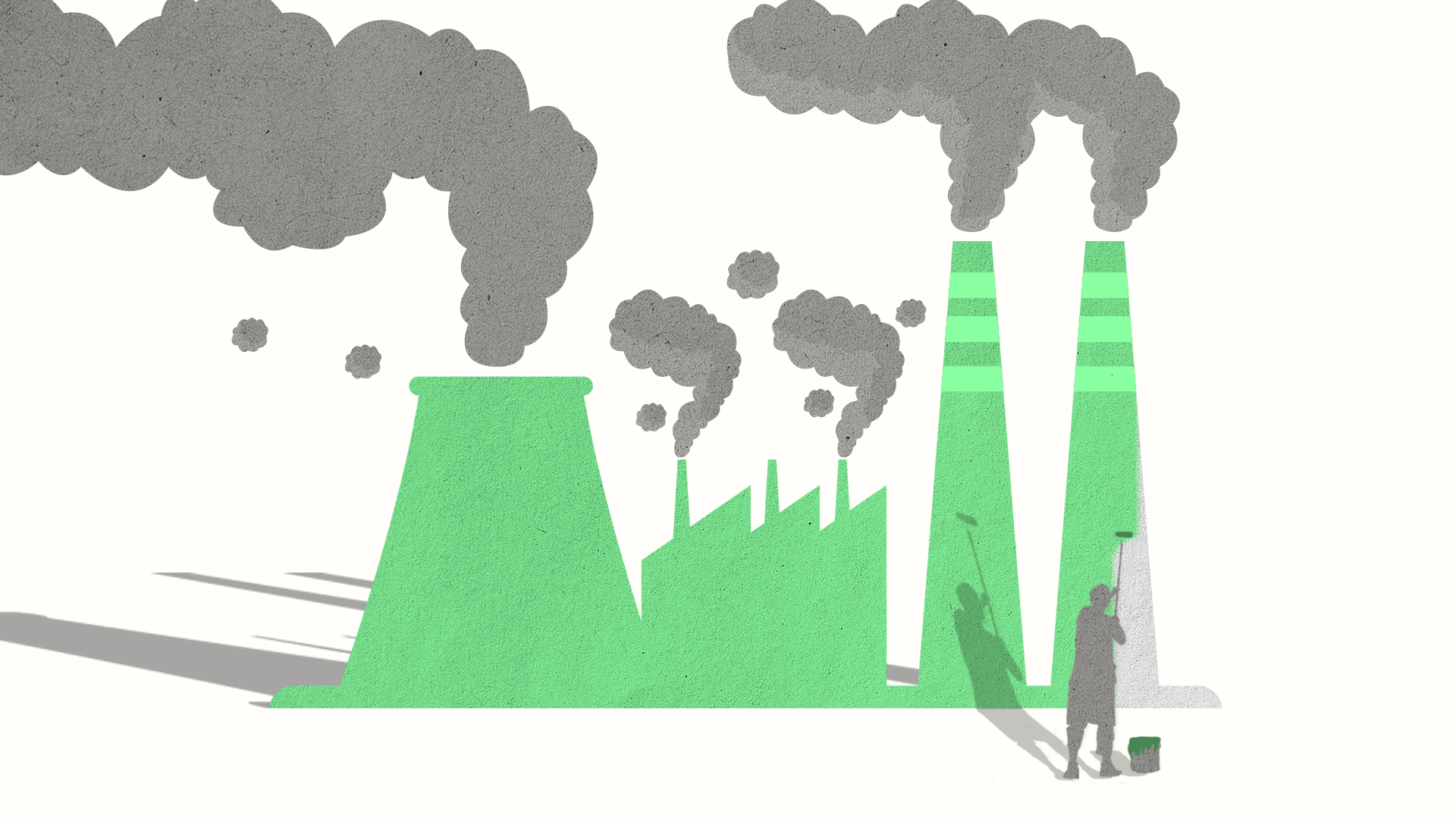Brands and businesses may be tempted to exploit certifications to garner a larger market share at the expense of integrity.
 Understanding why companies greenwash can help certification bodies design better processes and criteria. : Image by Kelvin Zyteng available at https://tinyurl.com/2u6hrsea Unsplash License
Understanding why companies greenwash can help certification bodies design better processes and criteria. : Image by Kelvin Zyteng available at https://tinyurl.com/2u6hrsea Unsplash License
Brands and businesses may be tempted to exploit certifications to garner a larger market share at the expense of integrity.
At the supermarket, a shopper carefully studies a label, thinking, “This product has a certification. Must be environmentally friendly. I’ll buy it.” And like that shopper, millions around the world make that same decision every day.
As the global fight against climate change intensifies, certifications have become crucial tools for industries to address environmental, business and social challenges. Sustainability certifications promote eco-friendly practices, protect human rights and boost the credibility of environmentally responsible brands.
But although certifications often enhance the perceived value of sustainable products and services, challenges remain.
There are concerns about greenwashing and free riding plus the inability of certification systems to adapt to changes and failing to incentivise the adoption of newer, more sustainable technologies.
Greenwashing, where companies falsely claim eco-friendly credentials without meeting required standards, is a significant issue. Similarly, free riding allows businesses to benefit from the positive image of certifications without genuinely implementing sustainable practices.
The number of sustainability certifications has surged globally in recent years. The International Institute for Sustainable Development (IISD) reports that more than 400 certifications now cover sectors such as food, agriculture, energy, environment, health and social responsibility.
Consumer awareness
This growth reflects increasing consumer awareness of sustainability and the desire of companies to showcase their commitment to eco-friendly practices.
Certifications serve as essential market signals, enabling businesses to distinguish themselves by adhering to recognised environmental and social standards.
Some of the internationally recognised certifications include the Leadership in Energy and Environmental Design for green buildings, the Forest Stewardship Council for sustainable forestry and the Fair Trade certification, which ensures that products meet strict social, environmental and labour criteria.
Another key example is the Roundtable on Sustainable Palm Oil certification, which promotes the production of palm oil in a way that minimises environmental harm, protects biodiversity and ensures fair treatment of workers and local communities.
Certifications typically involve third-party evaluations to assess compliance with criteria such as environmental and economic impact or fair labour practices.
Despite widespread adoption, certifications face growing scrutiny.
For instance, consumer demand for eco-friendly products has led to companies charging higher prices for green products. While many consumers are willing to pay this premium, it can create perverse incentives for companies to engage in greenwashing.
Certifications, intended to assure consumers of a product’s environmental and social standards, can paradoxically encourage companies to exploit these authentications for profit.
When businesses realise they can charge a premium for eco-labelled goods, the temptation to stretch the truth or manipulate the certification increases.
Erosion of trust
Greenwashing erodes consumer trust and devalues the certifications of genuinely sustainable products.
As more companies exploit these eco-friendly claims without verification, it becomes harder for consumers to differentiate between authentic and deceptive environmental practices, potentially undermining the credibility of certification systems.
This highlights the urgent need for stronger mechanisms to mitigate these risks, ensuring that certification systems are not only effective but also resilient against exploitation.
Certification bodies can tighten standards, increase transparency and implement stronger verification processes to reflect evolving sustainability standards and prevent misuse. Additionally, independent audits and greater rigour throughout the supply chain would hold companies accountable for their claims.
Investigation into the root causes of greenwashing is necessary to understand how and why companies manipulate sustainable claims.
One key issue is that certification processes often focus on specific criteria and may not capture the broader environmental or social impacts of a product.
Selective compliance
A company may meet the minimum requirements for certification in one area, such as reducing carbon emissions, while ignoring other important sustainability factors such as labour conditions or biodiversity conservation.
This selective compliance allows companies to appear more sustainable than they truly are, feeding into the cycle of greenwashing.
Consumers can be educated on how to critically evaluate certification labels to avoid falling prey to greenwashing tactics.
By reinforcing certification systems with robust monitoring and compliance mechanisms, the credibility of sustainable products can be preserved, and the integrity of genuine sustainability efforts can be upheld.
Non-governmental organisations and activist groups play a critical role in developing and implementing certification systems. These organisations provide valuable input during the creation of sustainability standards and help monitor compliance, ensuring that certification systems remain credible.
For example, the Forest Stewardship Council certification system for responsible forestry was developed in 1993 with input from environmental NGOs such as Greenpeace and the World Wildlife Fund.
NGOs advocate for higher sustainability standards, while certifications give them leverage to hold businesses accountable. By working together, NGOs and certification bodies can drive meaningful change toward a more sustainable future.
The interaction between state institutions, laws, and certification systems is also vital to ensuring the credibility and effectiveness of sustainability efforts.
Governments often set baseline sustainability requirements, while certification systems provide an additional layer of accountability. A clear example is the Roundtable on Sustainable Palm Oil certification now used in 21 countries.
Resistance to change
One challenge facing certification bodies is internal structural inertia. This refers to resistance to change, preventing the adoption of innovative green technologies.
This occurs when certification bodies become too rigid in their processes, policies, or standards, making it difficult for them to quickly adapt to new environmental paradigms.
For example, the Leadership in Energy and Environmental Design initially focused on energy efficiency in buildings but was slow to incorporate newer technologies like green roofs or biophilic design which enhance sustainability.
Similarly, in the agricultural sector, government certification systems such as the United States Department of Agriculture Organic can be slow to recognise advancements in vertical farming or aeroponics, even though these methods significantly reduce land use, water consumption, and pesticide reliance.
This type of institutional resistance can delay the transition to more sustainable practices, as certification bodies may cling to outdated standards that fail to incentivise the latest green technologies.
To stay relevant and support ongoing environmental progress, certification organisations can work to overcome structural inertia and actively seek ways to update their standards in response to new innovations.
By updating their standards to reflect these disruptive technologies, certification systems can stay relevant and effective, driving sustainability across industries and supporting innovation while addressing evolving environmental challenges.
However, certifications, while essential tools for promoting sustainable practices, face limitations. Greenwashing, free-riding, and institutional inertia can undermine their value, posing challenges for businesses and consumers alike.
As markets evolve, certifications risk becoming obsolete unless they adapt to new environmental and technological challenges.
Dr Arne Nygaard is a professor at the School of Communication, Leadership and Marketing at Kristiania University College, Norway. His primary research interests include sustainable supply chains, greenwashing, geopolitical risk and strategic uncertainty, economic contracts and incentives, sustainability and green marketing, technology, and entrepreneurship.
Originally published under Creative Commons by 360info™.













